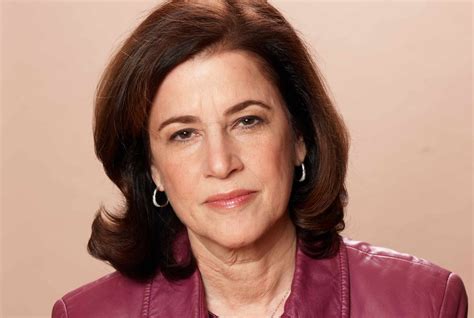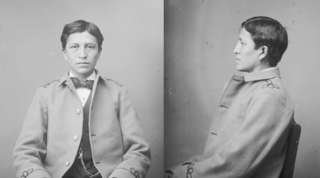A Quote by Peter Brook
Japanese children have infinitely more developed bodies than those in the West. From the age of two, a child learns to sit in a perfectly balanced manner; between two and three, the child begins to bow regularly, which is a wonderful exercise for the body.
Related Quotes
What I learned, more than anything, was that you can't have it all balanced perfectly at any one time. When I was young, it was much more balanced toward work. When I had my children, it was much more balanced toward love and family, and I didn't get a lot of work done. So you can't ask of it to be perfectly balanced at any time, but your hope is, before you die, you've somehow had each of those spheres come to life. That's probably more important than success in any one of those spheres alone.
Not every child learns for the same purpose, not every child thrives in the same settings and schools. Limiting a child to just one opportunity does nothing more than limit that child's future. The way forward must involve more public charter schools, which offer parents a tuition-free alternative to their neighborhood school.
A two-year-old can be taught to curb his aggressions completely if the parents employ strong enough methods, but the achievement of such control at an early age may be bought at a price which few parents today would be willing to pay. The slow education for control demands much more parental time and patience at the beginning, but the child who learns control in this way will be the child who acquires healthy self-discipline later.
And, to prevent mistakes, I must advertize you, that I now mean by elements, as those chymists that speak plainest do by their principles, certain primitive or simple, or perfectly unmingled bodies; which not being made of any other bodies, or of one another, are the ingredients of which all those called perfectly mixt bodies are immediately compounded, and into which they are ultimately resolved: now whether there be any such body to be constantly met with in all, and each, of those that are said to be elemented bodies, is the thing I now question.
Everybody knows that really intimate conversation is only possible between two or three. As soon as there are six or seven, collective language begins to dominate. That is why it is a complete misinterpretation to apply to the Church the words 'Wheresoever two or three are gathered together in my name, there am I in the midst of them.' Christ did not say two hundred, or fifty, or ten. He said two or three.
The colicky baby who becomes calm, the quiet infant who throws temper tantrums at two, the wild child at four who becomes seriousand studious at six all seem to surprise their parents. It is difficult to let go of one's image of a child, say goodbye to the child a parent knows, and get accustomed to this slightly new child inhabiting the known child's body.
Children learn what they live.
If a child lives with criticism... he learns to condemn.
If he lives with hostility... he learns to fight.
If he lives with ridicule... he learns to be shy.
If he lives with shame... he learns to be guilty.
If he lives with tolerance... he learns confidence.
If he lives with praise... he learns to appreciate.
If he lives with fairness... he learns about justice
Friends serve central functions for children that parents do not, and they play a critical role in shaping children's social skills and their sense of identity. . . . The difference between a child with close friendships and a child who wants to make friends but is unable to can be the difference between a child who is happy and a child who is distressed in one large area of life.
If you see a child with autistic-like behaviors at age two and three, the worst thing you can do is just let them sit and watch TV all day. That's just the worst thing you can do. You need to have a teacher working with that child, working on teaching language, working on social interaction, working on getting them interested in different things, and keeping their brain connected to the world.
In a profound sense every man has two halves to his being; he is not one person so much as two persons trying to act in unison. I believe that in the heart of each human being there is something which I can only describe as a child of darkness who is equal and complementary to the more obvious child of light.
I was one of those children forced into fighting at the age of 13, in my country Sierra Leone, a war that claimed the lives of my mother, father and two brothers. I know too well the emotional, psychological and physical burden that comes with being exposed to violence as a child or at any age for that matter.
No exercise brings into play all the muscles of the body in a more thorough manner, and none is more interesting than wrestling. He will find no other exercise more valuable in the cultivation of faculties which will help him to success in agility, strength, determination, coolness, and quick exercise of judgement.



































